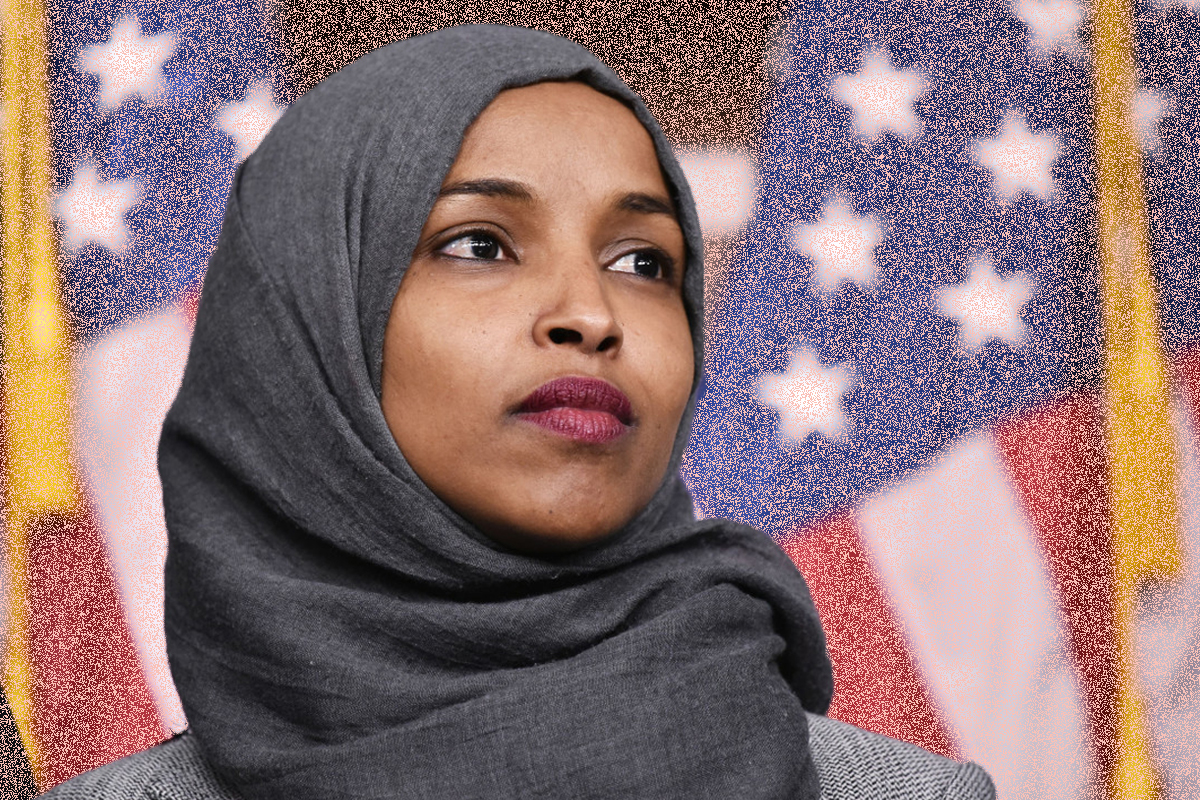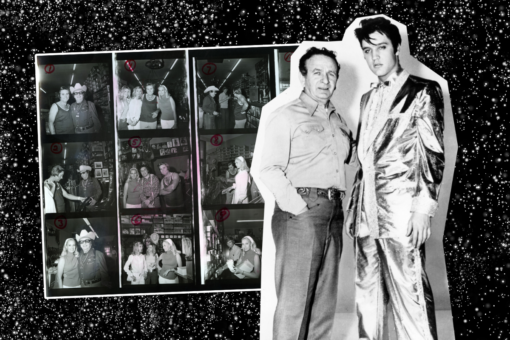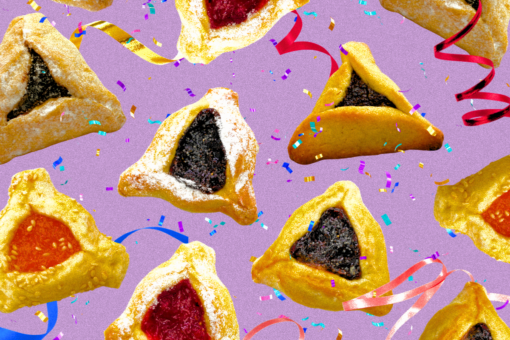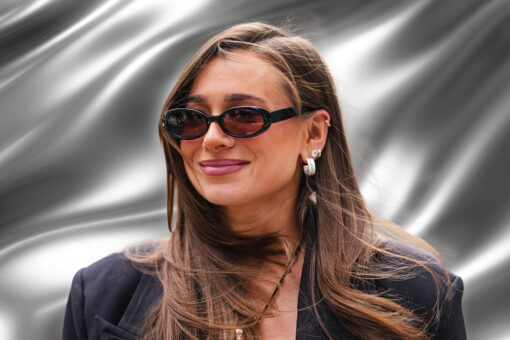Last week, when I saw that Rep. Ilhan Omar was trending yet again, castigated as an anti-Semite for comments she made about Israel, I went through something akin to the five stages of grief.
My first and most consistent emotion was pure, bone-aching exhaustion at the seemingly never-ending cycle of Black people being attacked for supporting Palestine. Then, there was the cold, metallic taste of fear. How would this onslaught of criticism and hate increase violent threats against Omar? What impact would the political consequences imposed on her have for Black people — specifically Black Muslims? Then, there was heart-stopping anger as I witnessed colleagues and editors join the fray, making horrible bad-faith comparisons between Omar and the KKK, ignoring the Black people who begged them not to traffic in these harmful stereotypes. Lastly, I felt betrayed as I watched friends and acquaintances do the same thing.
Even though recently, Black Jews have had their voices heard more (especially in online publications) there are still some things that we aren’t supposed to say. We’re supposed to say that we want to improve our communities, not leave them all together. We’re supposed to say that we want to help others confront their own biases, not that we want to lock ourselves in a room and never speak to anyone but other Black Jews again. We’re supposed to say that no matter what, being Jewish is worth it. But sometimes, it just doesn’t feel that way.
When I first started speaking out against racism in the Jewish community, I got called a fake Jew a lot. I got accused of wearing Judaism as a costume… of trying to climb into the skin of “real Jews” for the purposes of destroying the State of Israel. When I was being attacked like this, I talked openly about how much those claims hurt me. But what I never talked about was how I sometimes wish they were true.
As the Ilhan Omar controversy shows no signs of abating, neither has my exhaustion nor my isolation. On some days, I wish that Jewishness was a costume I was wearing, that I could simply unzip myself and waltz out of. That I could saunter over to a community that accepted me fully — that understands me completely — and feel at peace there. But unfortunately, I can’t. And so I am here… waiting to be heard.
I’m tired of hemorrhaging personal and professional relationships over racism. After the Ilhan Omar controversy, I expressed my concerns to a longtime editor in a private email. They didn’t respond. Didn’t engage. Just unfollowed me on Twitter. As if I was nothing, as if the words and labor I had contributed meant nothing. I had people I considered friends criticize me for speaking up about how hard the Ilhan Omar controversy was for Muslim women, Black women, and all Jews of Color. Apparently, that too was Jew-hatred. Because of racism, I’ve lost so many friends — good, dear friends — that I no longer feel that I can trust anyone. I isolate myself from the Jewish community, because the alternative is risking losing people I care about, and I’m so tired of that.
I’m exhausted.
I’m tired of losing people, and I’m tired of arguing with people online, or muting them until their words become an invisible cloud that hangs above me like a ghost.
I’m tired of always being perceived as the strong, sassy Black woman who just loves standing up to racists. I don’t. Having to do this all the time is killing me.
I’m tired of the people in my community constantly holding up people who look like me — Black people, the most oppressed ethnic group in this country besides indigenous people — as examples of the ultimate anti-Semites.
I’m tired of being scared to go to synagogue, or complete a formal conversion with a white rabbi — the only rabbis available in Denver where I live — and having my lack of attendance used as proof that I’m pretending to be Jewish.
I’m tired of writing the same articles over and over again, just to have my arguments ignored by the very people who publish them.
And yet, I can’t afford to be disengaged in these issues.
Losing your community is like a certain kind of death. And I think I’ve been grieving that loss for a very long time, ever since I started being outspoken against racism in the Jewish community. And after this situation with llhan Omar, something has… shifted. I feel as though I’ve passed through some kind of invisible line of understanding, but I have no idea what lies in store for me on the other side.
All I know is that I feel as though something has broken inside of me. I feel that my mind and soul just can’t take it anymore. I can’t take arguing with everyone I know. I can’t take losing faith in my friends.
As I write this, I’m listening to one of my neighbors scream “n**gger” over and over again. I’m listening as he rants about stringing Black people up by their toes, as he threatens to kill “that n**gger” President Barack Obama. I can’t call the police because I’m afraid they might harm me or my partner. I can’t really do anything. And as he screams into the dawn about “the laziest slaves in history,” something else is dawning on me. Not only do I not feel safe in my own home, but I haven’t felt safe anywhere, including the larger Jewish community, for a very long time. I feel besieged on all sides: at home, at work, and in my community.
And I just don’t know how to go forward from here.



